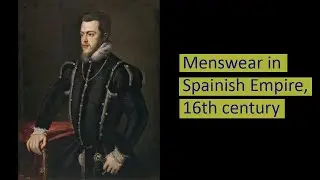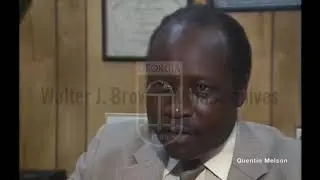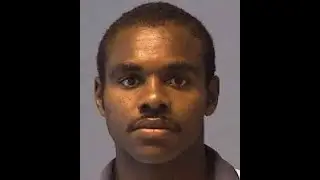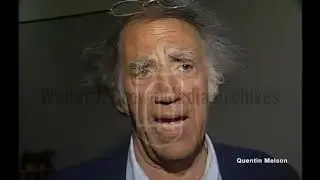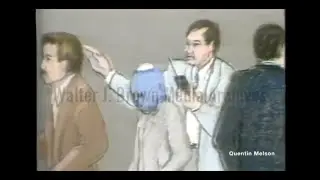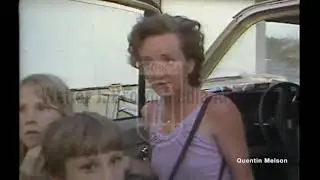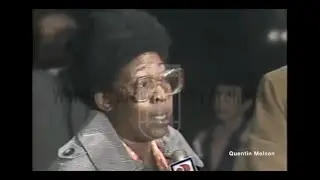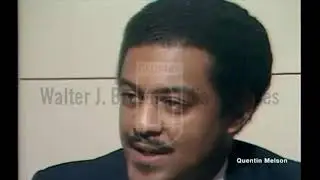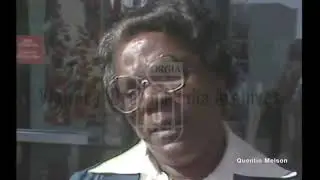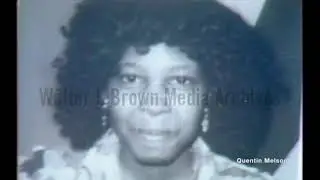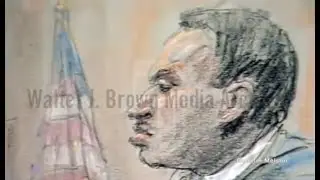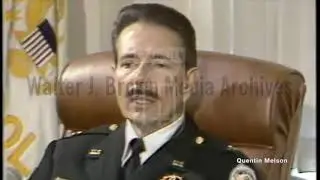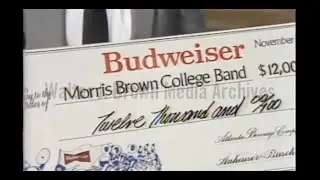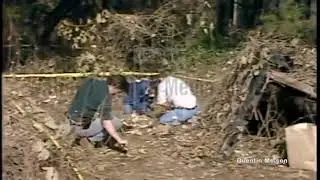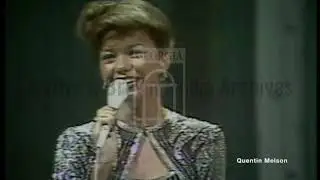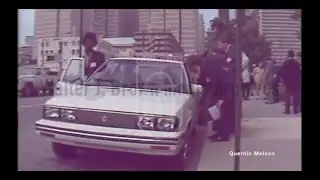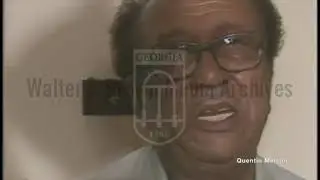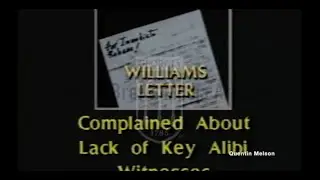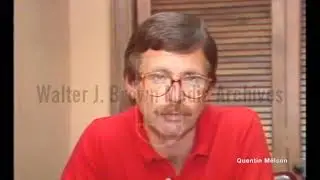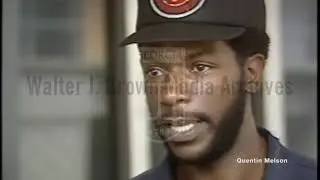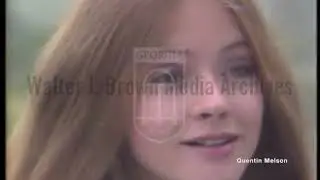PBS Movie "Death of a Princess" Creates Controversy (May 12, 1980)
Report on the controversy the PBS film Death of a Princess for being offensive to Saudi Arabia and Muslims. Footage of scenes from the film, call worker at the local PBS station, WE-TV, taking calls complaining about the film, footage of court sketches regarding the trial attempting to keep the show off the air. Interview with unnamed WE-TV official.
Death of a Princess is a British 1980 drama-documentary produced by ATV in cooperation with WGBH in the United States. The drama is based on the true story of Princess Mishaal, a young Saudi Arabian princess and her lover who had been publicly executed for adultery. Its depiction of the customs of Saudi Arabia led some Middle Eastern governments to oppose its broadcast under threat of damaging trade relations.
The film was based on numerous interviews by journalist Antony Thomas, who, upon first hearing the story, grew passionately curious about its veracity, soon drawing upon contacts in the Arab world for their insights and opinions. Because of the candid and sometimes critical nature of the interviews, Thomas and ATV executives decided not to make the film as a straight documentary but instead to dramatise it with actors.
Thomas himself was played by Paul Freeman under the name "Christopher Ryder". The identities of the interviewees were obscured, and the actors chosen to replace them were based only loosely on their subjects. The character of Elsa Gruber, played by Judy Parfitt, was based on Rosemarie Buschow, a German woman who had worked for the Saudi Royal Family as a nanny.[1]
There was only one exception, an Arab family who played themselves. The fictitious nation in which the drama was set was called "Arabia", which some viewers took to mean Saudi Arabia. The name of the princess was never said.
Death of a Princess depicts Thomas' focus on "the Princess", as her story became his vehicle through which important facets of Islamic culture in Saudi Arabia were revealed, including traditions and customs as well as gender roles and sexuality. Thomas later explained that he had only reconstructed scenes where he was confident that they did happen, although he included film of interviewees telling him information which he did not believe.
A critically acclaimed film shown on ITV in the United Kingdom on 9 April 1980, it provoked an angry response from the Saudi government.[2]
Saudi Arabia, along with Lebanon, banned British Airways' Concorde from its airspace, making its flights between London and Singapore unprofitable.[6] While the Saudi response had initially driven a UK press reaction against the attempted censorship, when export orders began to be cancelled, the press began to question whether it had been right to show the film. British Foreign Secretary Lord Carrington found the film "deeply offensive", he "wished it had never been shown", but "to ban a film because we do not like it or even because it hurts our friends" was not an option for the country's government.[3]
Similarly, the US government received enormous political pressure from Saudi Arabia to censor its broadcast. On 8 May 1980, Mobil Oil placed an advertisement in The New York Times and other newspapers condemning the film, which it described as "a new fairy tale".[7] It quoted a letter to the New Statesman by Penelope Mortimer, who had worked with Thomas on the film:
With the exception of Barry Millner, who had already sold his story to the Daily Express, Rosemary [sic] Buschow, and the Palestinian family in Beirut, every interview and every character in the film is fabricated. The "revelation" of the domestic lives of the Saudi princesses—man-hunting in the desert, rendezvous in boutiques—was taken entirely on the evidence of an expatriate divorcée, as was the story of the princess first seeing her lover on Saudi television. No real effort was made to check up on such information. Rumour and opinion somehow came to be presented as fact... the audience, foolishly believing it to be authentic, is conned.
While Buschow had advised Thomas on the making of the film, she later told the Associated Press that it should not have been made, adding that "it achieved nothing but discord... every family has a black sheep, and this is a large family of around 5,000 people".[8]
After some stalling, it was eventually broadcast by the PBS programme World in most of the US on 12 May 1980, with only 16 out of 200 PBS stations choosing not do so.[9] In one example, South Carolina Educational Television canceled the broadcast of the film across its network, a decision influenced by fact that the then-U.S. ambassador to Saudi Arabia, John C. West, had formerly been the state's Governor.[10] Among the other PBS stations chose not to air the film were KUHT in Houston, Texas, KLCS in Los Angeles, California, & Alabama Public Television Network



